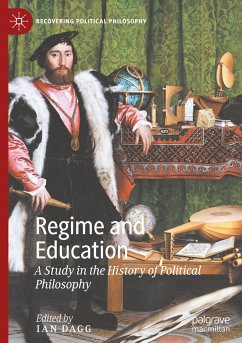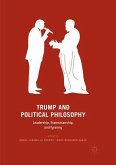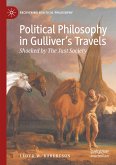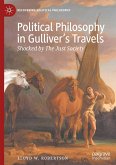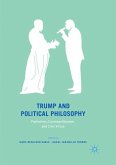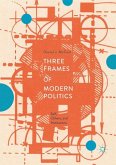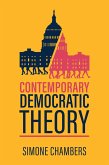This volume is an inquiry into the history of political philosophy by way of the general theme of education. Each contributor addresses the relationship between a particular political philosopher's broad teaching on the best political order and that political philosopher's teaching about education. The unifying contention of the work is that each political philosopher considered in the volume promotes a certain kind of political regime and therefore a particular mode of education essential to that regime. Each chapter, written by a separate contributor, is distinguished from the others primarily by the political philosopher being considered. The book has a chapter dedicated to each of the following political philosophers: Plato, Xenophon, Aristotle, Machiavelli, Bacon, Locke, Rousseau, Tocqueville, and Nietzsche. The volume provides a survey of educational models by some of the greatest thinkers of the West, while continually demonstrating that the two themes of politics and educationare inseparable.
Bitte wählen Sie Ihr Anliegen aus.
Rechnungen
Retourenschein anfordern
Bestellstatus
Storno

